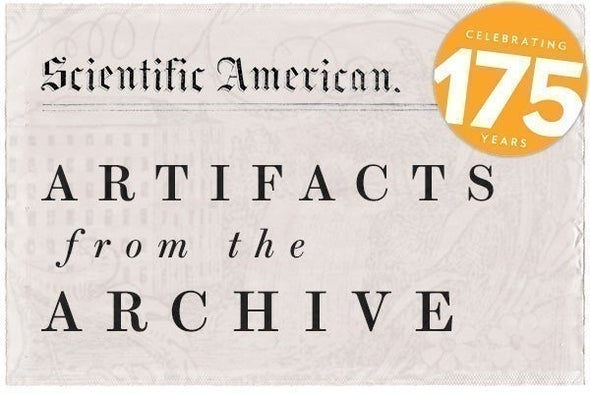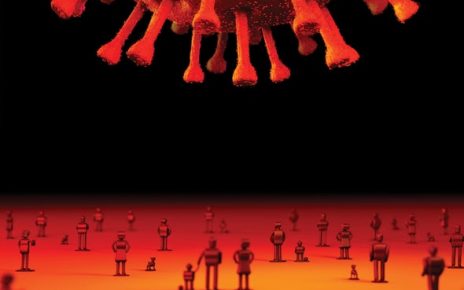Originally published in February 1900
“Dr. John D. Quackenbos, of Columbia University, has long been engaged in experiments in using hypnotic suggestion for the correction of moral infirmities and defects such as kleptomania, the drink habit, and in children habits of lying and petty thieving. Dr. Quackenbos says, ‘I find out all I can about the extent of a patient’s weakness. For each patient I have to find some ambition, some strong conscious tendency to appeal to, and then my suggestion, as an unconscious impulse, controls the moral weakness by inducing the patient to further his desires by honest means. Of course, if a man has, like one of my patients, no ambition in the world save to be a good billiard player, he can’t be cured of the liquor habit, because his highest ambition takes him straight into danger.’ ”
—Scientific American, February 1900
More gems from Scientific American’s first 175 years can be found on our anniversary archive page.



